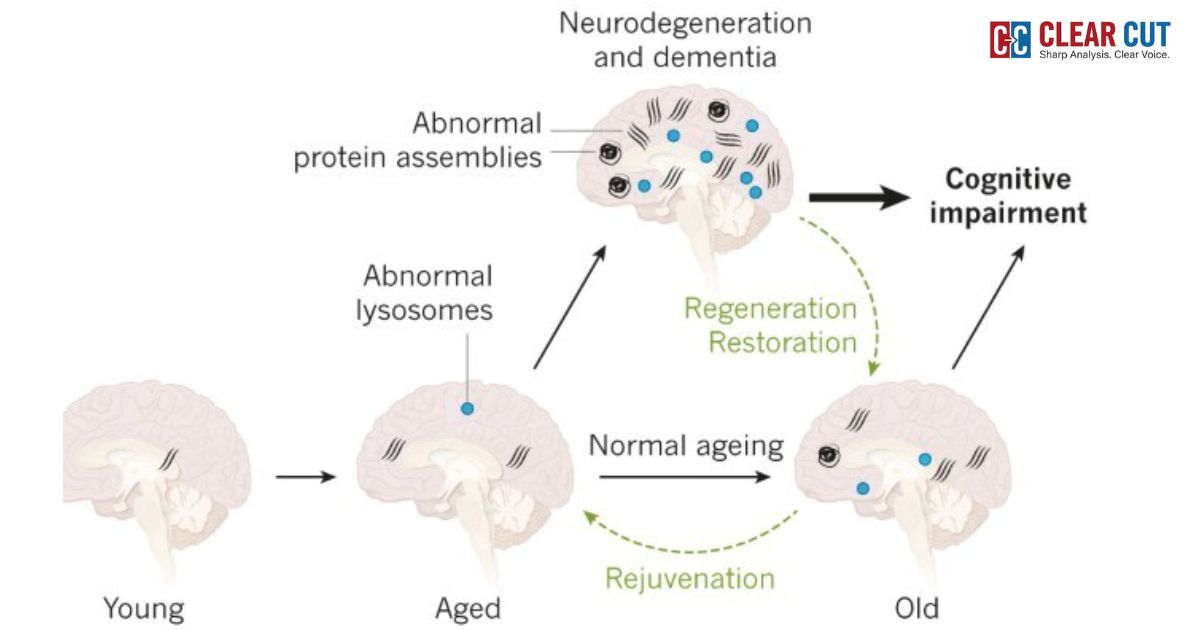In a welcome initiative to improve the underrepresentation of women in scientific studies, the Centre for Brain Research (CBR) at the Indian Institute of Science (IISc), Bengaluru, has introduced the “Amba Subba Rao Fellowship for Women Researchers.” It targets early-career women scientists with expertise in brain ageing, an area that has been on the rise with India’s rapidly ageing population.
The problem in question#
The award is in memory of Amba Subba Rao and is sponsored by a philanthropic donation from her family. The donor amount remains undisclosed. The main aim of this fellowship is to give institutional assistance to women researchers to ensure gender equality STEM areas. By providing access to these opportunities, the fellowship aims to reverse the “leaky pipeline” effect where numerous women leave scientific professions early because of multiple social challenges.
Brain ageing is multifactorial and involves genetics, environment, lifestyle, and social causes. Lifestyle transformation, urbanization, and changes in diet in India are connected with genetic heterogeneity to produce distinct cognitive declining patterns.
In spite of such alarming statistics, studies of the ageing brain in India have continued to be sparse, with clinical evidence largely drawn from Western research. The Amba Subba Rao Fellowship aims to promote research that is uniquely adapted to the Indian context, so that interventions and treatments are appropriate and effective.
Its effects in society#
The economic and social burden of ageing brain is tremendous. Neurodegenerative disorders tend to cause a slow decline in memory, mobility, and autonomy, with the family members, and especially women, shouldering the brunt of care. In India, where formal care systems are in the process of development, families experience mental and financial strain. Early research, interventions, and efficient management practices can minimize these costs considerably to make programs such as the fellowship much more relevant.
Philanthropy driving change#
Philanthropy is important for driving scientific research in India where government funding might not be enough to meet new health challenges. Donations like the one to the Amba Subba Rao Fellowship allows promising researchers to pursue their interests without ever needing to worry about funding. This financing not only supports experiments and long-term studies but also allows for collaboration with foreign specialists with access to sophisticated laboratories and attendance at international conferences as all of these are vital for good quality research.
The fellowship also underlines the need to develop a supportive environment for scholars. Scientific problems such as brain ageing demand multidisciplinary interventions, integrating neuroscience, geriatrics, psychology, genetics, and public health. By establishing a networks of researchers, mentors, and institutional support the fellowship can speed up innovations that will positively affect health outcomes for millions of people.
Excellence in Equality#
Besides pushing research forward, the fellowship conveys a wider message regarding India’s drive for scientific excellence and inclusive development. With increasing population aging, the knowledge created by these scientists may be used to engineer public health policy, community care initiatives, and campaigns by think tanks. To know why certain individuals suffer rapid loss of cognitive ability while others remain mentally sharp well into old age will surely result in preventable interventions.
These are a positive step in the direction of tackling an invisible crisis before it overpowers healthcare and social infrastructure. By encouraging studies that are localized and enhancing participation, the fellowship sets the stage for a future in which ageing does not require diminution of the mind and science investigation shouldn’t contain itself in gender roles.
Finally, the Amba Subba Rao Fellowship is not only a monetary grant. It is a example of an dedication to grasping the intricacies of brain ageing, empowering women in science, and getting India ready for demographic realities of the next few decades.
Clear Cut Education, Gender Desk
New Delhi, UPDATED: Oct 02, 2025 09:20 IST
Written By: Janmojaya Barik




